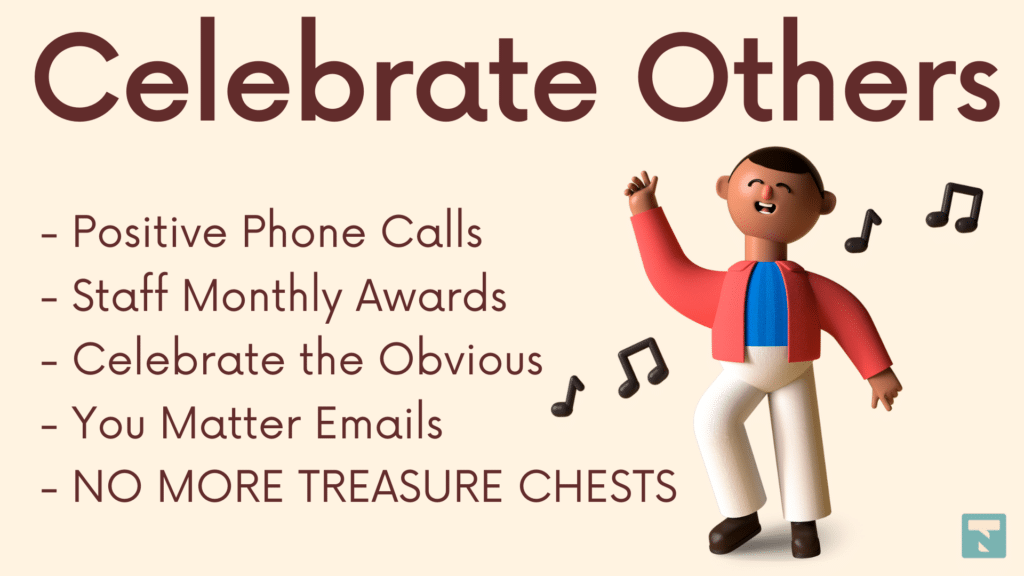When Helping Isn’t Helping: Knowing When to Step Back
One of the hardest things about being a leader, a friend, or even just a decent human being is watching someone struggle when they don’t want help. It’s in our nature to want to step in, fix the problem, and offer solutions.
One thing I’ve often found myself struggling with though, is what do you do when they don’t want to be helped?
Step 1: Check Your Own Expectations
I’ve had to work very hard to understand this: You can’t force someone to accept help they aren’t ready for.
No matter how much you care, no matter how much you see the potential in them, real change only happens when they are willing to take the next step themselves. Your job isn’t to drag them to the finish line—it’s to stand beside them, encourage them, and be ready when they are.
This starts with checking your own expectations.
Ask yourself:
Am I trying to help them because I want to see change, or because they do?
Am I getting frustrated because they aren’t moving at the pace I think they should?
Am I helping in a way that empowers them, or am I trying to control the outcome?
When we try to help people who aren’t ready, we often end up frustrated, exhausted, and even resentful. But when we shift our mindset from fixing to supporting, we free ourselves from that pressure and meet them where they are—not where we think they should be.
Step 2: Practice the Power of Presence
That doesn’t mean you stop caring. It doesn’t mean you stop showing up. It just means you shift your focus. Instead of pushing, listen. Instead of fixing, be present.
Sometimes, the best way to help is simply to remind them they’re not alone.
This might look like:
Checking in without an agenda. A simple “Hey, I’m thinking about you” can mean more than an entire lecture.
Asking questions instead of offering solutions. “How are you feeling about things?” is different from “Here’s what you should do.”
Letting them know you’re there—without pressure. “I’m here whenever you need me” is powerful because it gives them control over when and how they reach out.
When It’s Time to Step Back
But what about when it’s hurting you? That’s the tough part. There’s a fine line between supporting someone and losing yourself in their struggle. If helping them is draining you, if it’s becoming unhealthy, if it’s stealing your joy or your peace, then it may be time to step back. Not out of frustration. Not out of anger. But out of wisdom.
The same goes for our colleagues at work. Sometimes, we see people making choices that are hurting them, their career, or even the team. We want to step in and guide them, but if they aren’t willing to accept feedback or make a change, we have to respect that. Instead of letting their actions weigh us down, we can offer support without forcing solutions. A healthy work culture isn’t built on fixing people—it’s built on trust, accountability, and the willingness to grow when someone is ready.
Walking away doesn’t mean you’ve given up on them. It means you’re giving them space to grow, to choose, to decide for themselves. And when they’re ready, they’ll know who to turn to.
Keep loving. Keep leading. But don’t lose yourself trying to help someone who isn’t ready to be helped.









